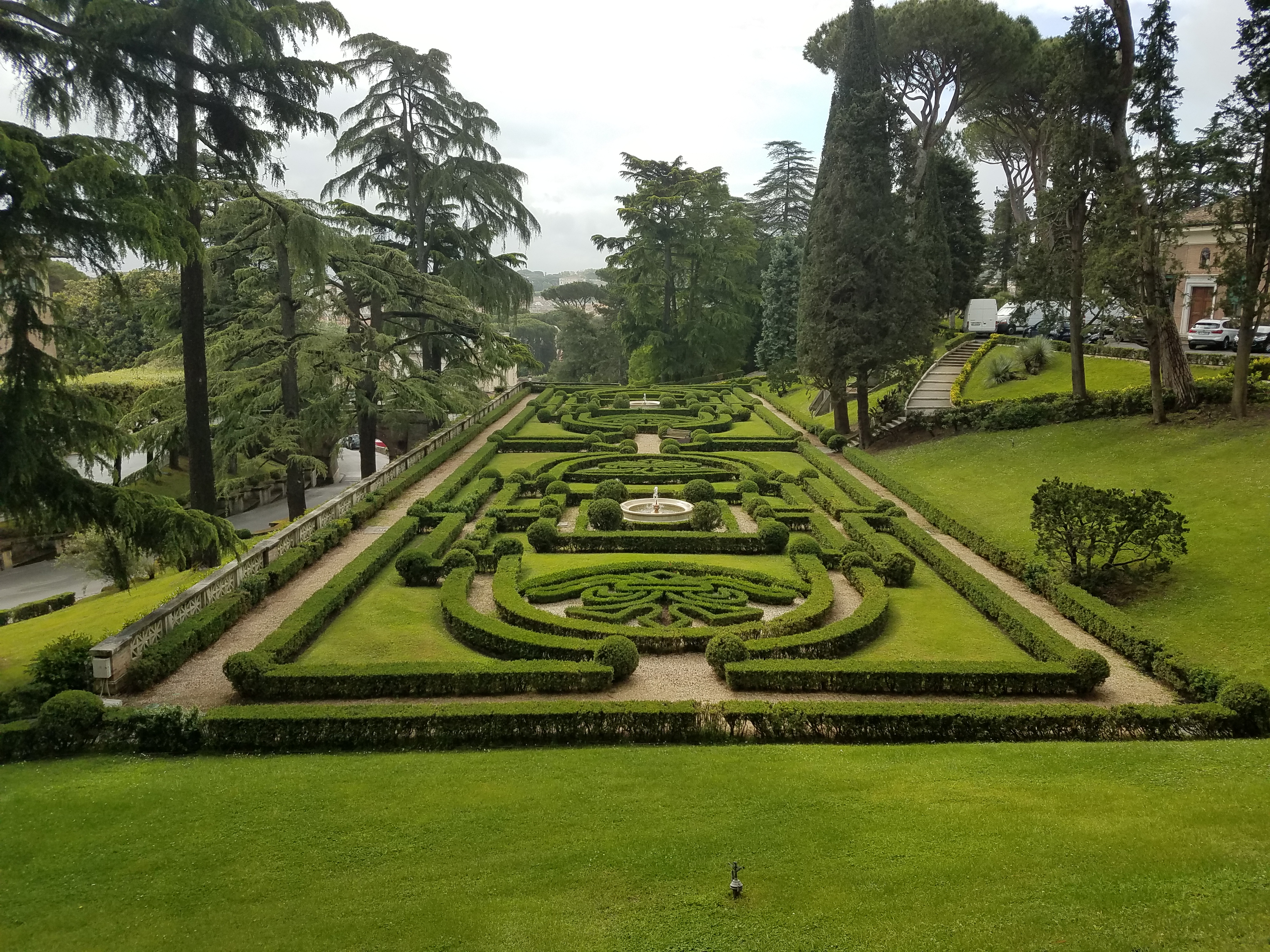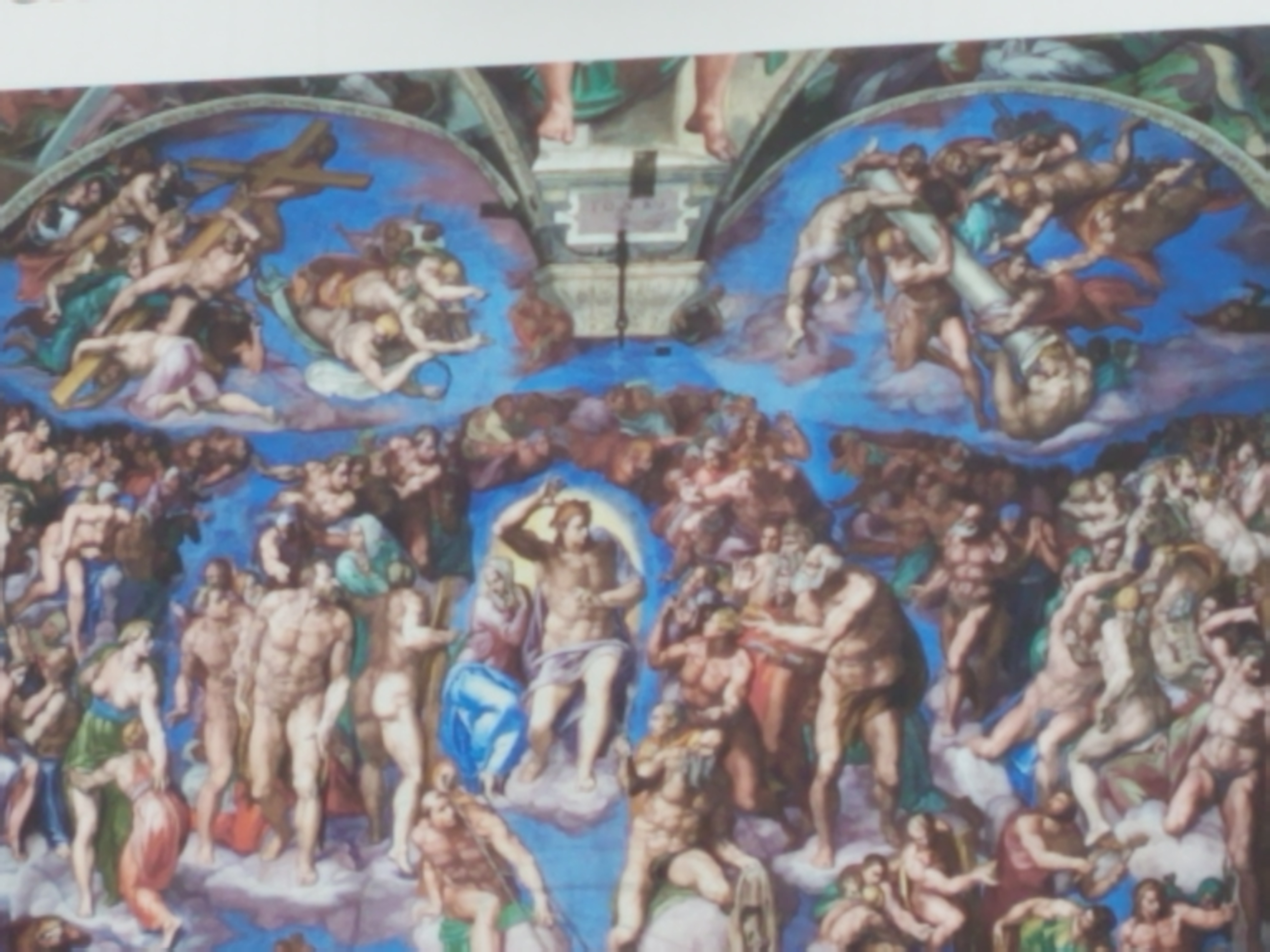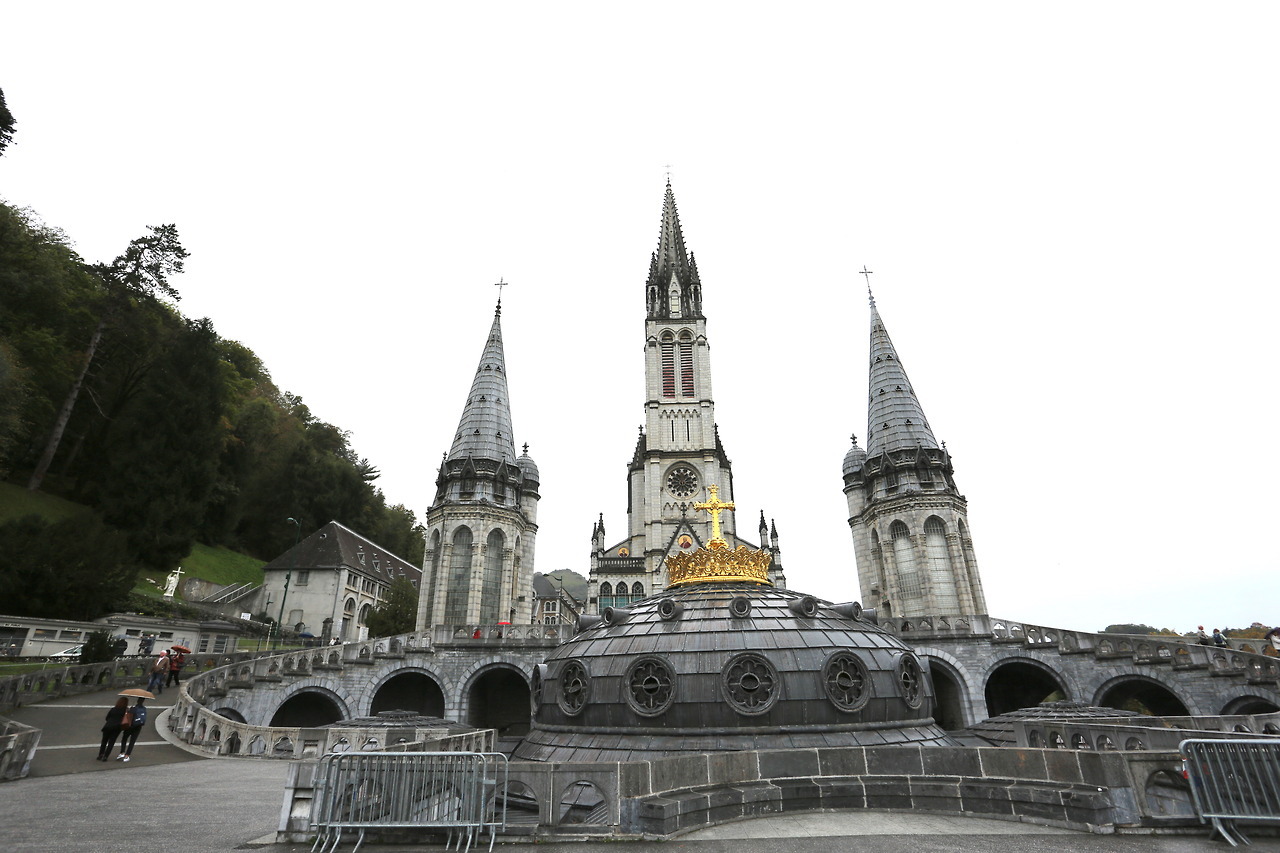Is. 50:5-9a; Jas. 2:14-18; Mk. 8:27-35
Last week we focused on the need for solidarity among the poor, rich, employee, employer, nations and people. Today Jesus calls for solidarity of faithful followers. His word is spoken boldly, “my face I did not shield…I have set my face like flint.” He invites confrontation, “if anyone wishes to oppose me let us appear together…Let that man confront me.”
Generally, we don’t like confrontation and most of us were not taught the art of debate. Think back to your childhood and arguments among your siblings how you were heard. Were you all cordial to each other or did everybody simply yell louder to each other from room to room or face to face. The idea of debate in our time as seen through media is like a rowdy group of siblings yelling to drown out the other person. Everyone needs to be heard but isn’t willing to listen. Today colleges promote “safe spaces” to avoid any debate or dialogue from opposing views.
In the gospel, Jesus has just finished naming Peter the “rock” for claiming “You are the Christ” and he places him as the head of the early church. He then begins explaining the coming Passion he will undergo. Peter’s response, not wanting to confront Jesus in public takes him aside to “rebuke him” quietly. Peter takes his new authority seriously. I picture Peter taking Jesus aside and whispering, “There is no way you are going to let them do that to you and I will not allow it.” Jesus turns to the disciples and makes a public rebuke, “Get behind me Satan”. In your face Peter so that all know clearly where Jesus stands. One moment Peter is having this high spirit of elation, the next he is deflated into shame. But there is more, Jesus also lets them know how to stand with him in solidarity or against him with Satan.
Solidarity of the faithful with Jesus is to “deny himself, take up his cross, and follow me.” These three principles in unison are the works of the faithful. The first principle, denial is self is the first work that we must do. To assist us in this work is not to focus on self but on Jesus, what is pleasing to him, what is acceptable in his eyes and as the youth would say WWJD, “what would Jesus do?” If the eyes of the soul are focused on him we realize, it is not about me, it is all about Him who I choose to abide in that we may be one as he is in the Father and in the Spirit. We seek the Lord God who “opens my ear that I may hear; and I have not rebelled, have not turned back” This is the first of our faith at work that is pleasing to him.
The second principle is to take up our cross. When we abide in him we take up our cross not with a sense of sorrow in our spirit because we feel denied of worldly pleasures but with a sense of joy to do his will for our life is in his will and “how good it is”. The cross we bear is to feed the hungry, shelter the poor, cover the naked. Solidarity is seen in the works of the faithful, doing the will of the Father. Unfortunately the call for solidarity is confused with the call for salvation by some separated Christian faithful. The argument is that we are saved by faith alone not by works. The intent of the argument implies that we cannot earn our salvation by merits it comes by faith in Jesus Christ. There is no meter reading to count our works and determine if we have been good enough or if our good works offset our bad works.
The Catholic Church would agree we cannot earn our salvation by works of merit but that is not the position of the church as some misinterpret. The church stands behind today’s reading, stresses the important relationship between faith and works. They go hand-in-hand as two sides of the same coin, “faith of itself, if it does not have works is dead.” Nowhere in scripture does it say that faith “alone” brings salvation. Scripture also says, “Not everyone who says to me, ‘Lord, Lord’ shall enter the kingdom of heaven, but he who does the will of my Father who is in heaven” (Matt. 7:21); “For I will render to every man according to his works…” (Rom. 2:6); “For if we sin deliberately after receiving the knowledge of the truth, there no longer remains a sacrifice for sins, but a fearful prospect of judgments…?”(Heb. 10:26-27); and finally, “You see that a man is justified by works and not by faith alone” (Jam. 2:24). That is as clear an apologetic “rebuke” without being politically incorrect or pride fully “in your face” because it is the word of God.
The third principle to “follow me” calls upon our baptismal vows as priest, prophet, and king. Solidarity of the faithful is to stand behind the church as one body in Christ. The Mass is the summit of that solidarity in the Eucharist. To reach the summit we journey in life in the light provided by the sacraments to purify our lives and abide in holiness. We all receive the guidance of the Holy Spirit when we search the deep things of God. In the Mass “I confess” my sin, “I believe” in the Trinity in our personal confession of faith; then we celebrate, go forth and follow as one body in Christ.
When one part of the body of Christ suffers we all suffer and woe to those who desecrate the altar by their sin and cause scandal. That is the seriousness and the sorrow of the crisis within the church today. Failure of denial of self by priests breaking their vows of obedience and chastity willingly is a grave sin against God and in some cases a crime against humanity. “Follow me” in rebuking those responsible that the body of Christ in the church will know clearly the will of God. “Follow me” in purifying the church when it identifies those responsible who choose not to deny themselves and are no longer fit for the ministry of leading the faithful. “Follow me” in solidarity with prayer, penance, and good works in atonement calling for healing and mercy. The crisis in the church is beyond the sin of those responsible, it is a crisis of trust in the shepherd. The works of Satan in the church do not represent the voice of God, yet God remains faithful to his bride and will purify her but not without suffering denial of self, the cross, and works of purification. Faith without works is dead.
There is no fear in God in confrontation and we must fear not the confrontation with evil regardless of the source, at home, work, school, public square and in the church. We do not rebel against the church or turn back away from it we confront the evil with truth and seek mercy. The Lord is our help and we are not disgraced. We are also not alone in this battle. We have the Church Penitent and the Church Triumphant. The Church Penitent can be a source of penance for the sins of this world and the Church Triumphant can be a source of holiness for our purification. “Do not forget the works of the Lord”. When we abide in him we are the works of the Lord. He did not come to condemn the world but the world must remain faithful to the covenant and it begins with me abiding in the body of Christ. We hold a great treasure to be guarded, stay alert, keep watch, the hour is upon us and the redeemer comes in glory.
Tags








Recent Comments